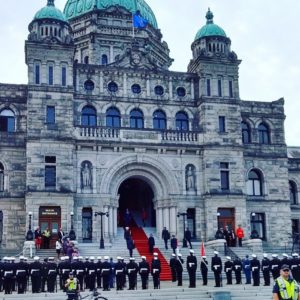It’s easy for students to focus on putting pressure on the province for tuition and educational issues, or on the federal level for grants. However, the municipal level should not be overlooked, as it’s crucial for students.
Municipal politics are critical for students for two main reasons: housing and transportation. While funding and policy in these areas may also come from other levels of government, local government has a much larger role in the personal, everyday functions of housing and transportation.

Housing is under the control of local government, with zoning and bylaws being of utmost importance. The jurisdiction over zoning a unit for affordable housing near campus, or even zoning entire neighbourhoods for rent-only units, is solely municipal (the latter example is a recent change by the provincial NDP government to assist affordability efforts on the local level). Property tax is also solely municipal, and there is a lot a council can do here in regards to affordability.
Illegal suites are another major housing issue. Municipalities control the illegality of a suite. Often, the illegality is not based upon the safety or building codes; it’s based on the dimensions of the rooms and other benign non-issues. Yet, due to their illegal status, they often cannot be rented out, leaving many, many rental units empty in a time when students and working people need the affordability more than ever.
The province can do a bit about this: after all, municipal authority is delegated down from the province. For the most part, however, municipalities are left to their own devices and have autonomy over the jurisdiction they’re granted.
Transportation is also like this. Take bike lanes, bus routing, walkability, and road networks. All of these are municipal—or regional, through the Capital Regional District, which itself is made up of municipalities working together. Public transportation and cycling are the most affordable options, and the most environmentally friendly as well. Decisions about routes, scheduling, and fares for buses is municipal and, ultimately, have profound impacts on the finances and everyday school lives of students.
Cycling is much the same, and also has added health benefits.
With these issues, and many more, at stake—and with them having so much importance to students right now, given that school starts back up this month—I encourage and implore all of you to follow the municipal elections happening on October 20, and to register and vote. These issues cannot wait, and neither can you.
